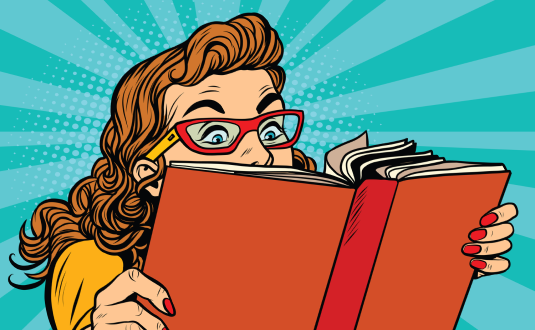
Persepolis Rising by James SA Corey
The Sportswriter by Richard Ford
An Analysis of Frantz Fanon's Black Skin, White Masks by Rochele Dini
An Analysis if Frantz Fanon's The Wretched of the Earth by Riley Quinn
Red Tory by Huw Lemmy
Fine Just the Way It Is by Annie Proulx
Back to Moscow by Guillermo Erades
Prometheus: The Complete Fire and Stone by Kelly Sue DeConnick and Paul Tobin
Late Capitalism by Ernest Mandel
And Quiet Flows the Don by Mikhail Sholokhov
The Chemistry of Tears by Peter Carey
By Light Alone by Adam Roberts
In normal times I'd get through as many books in a month, but these are not normal times. As explained last time, writing your own book doesn't leave much time for reading other people's. But on this occasion I've come to the conclusion the old pace of reading was a consequence of the pre-Covid routine. The time spent on public transport, especially the daily commute to Derby and back ensured I got plenty of stuff done. Without that it's more difficult to put the same amount of time aside for readerly pursuits of a scholarly or literary character. Now, to all intents and purposes, the book is put to bed more time frees itself as I start thinking about the next project.
What of the books listed above? Late Capitalism I intend to write about more in due course, though some of Mandel's ideas have had a brief outing recently. The Fanon books were quick guides to help with a lecture - sue me. But the two stand outs were Huw Lemmy's Red Tory and Sholokhov's masterpiece, And Quiet Flows the Don. The first is an explicitly Corbynist intervention in the field of literary production, a very funny (and filthy) satire anyone fighting in the trenches of Labour's years of internal warfare is bound to appreciate. No book has made me laugh like a drain as much as this one has for years. The other is much more serious. Finally published completely in 1940 during the period of high Stalinism, Sholokhov's epic takes us into the First World War, revolution, and civil war through the eyes of cossacks. It is much more complex than the frequent critiques of socialist realism would have you believe is possible from within the genre. Casting Red Guards as brigands who commit atrocities isn't something one would normally expect to be published with Stalin's blessing, and yet.
Coming up? Well, I've currently resumed reading the second volume of Capital, and embarked on Guy De Maupassant's Bel-Ami. Hopefully I'll get round to starting Anti-Oedious.
What have you had on the go these last six months? Have "recent events" given you more time to read?
Image Credit
4 comments:
I was impressed by Roberts' The Thing Itself. What's By Light Alone like?
I read By Light Alone - very readable Sci-Fi. The central concept is a very interesting idea, involving class conflict, and photosynthesis - not two things you usually associate.
Shouldn't it be "and quiet flows the Don"? Unless its a spoof version about internal drainage board politics in South Yorkshire.
Since it's easter, I'm reading The Power & the Glory by Graham Greene, The Dream of Gerontius by Cardinal Newman (and listening to the Elgar musical), and Heirs to Forgotten Kingdoms by Gerard Russell, and the book of Ecclesiastes on an audiobook, along with The Four Loves by CS Lewis.
Sadly, I will not be doing this during my customary long-distance walk, for obvious reasons.
A worthwhile political book that I read recently was Charles Moore's three-volume of Lady T. Neither of us has any time for her, but I feel that we should know about her life & times in order to understand that era and its legacy in the present time.
Like Dr Jorovic says, Anon. And I can't believe I made the same typo twice. Thank goodness three editors have had a look at my book!
And I agree Asquith. I read Thatcher's memoirs for this reason many moons ago, and Major's especially for, you guessed it, the book.
Post a Comment